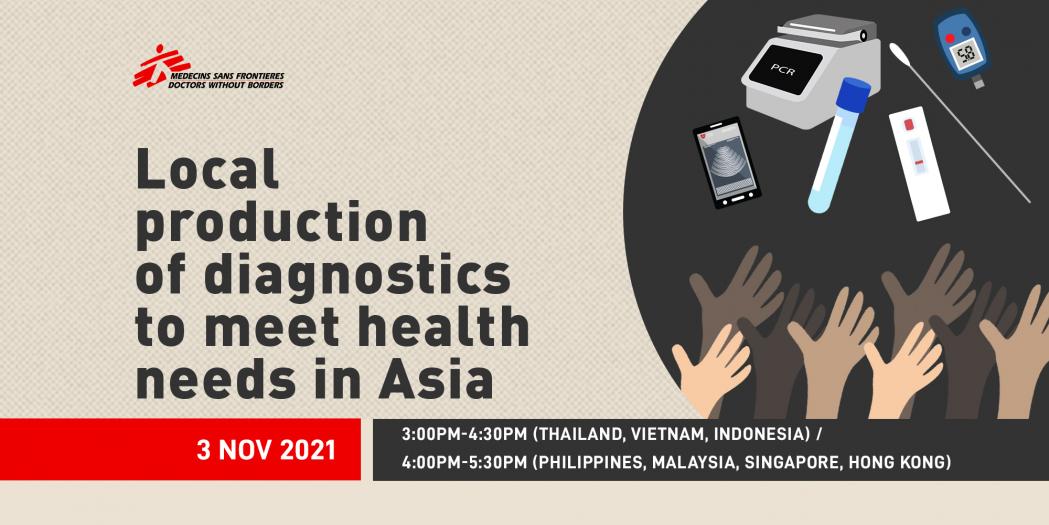
Join us for a conversation on ensuring local production of diagnostics to meet health needs in Asia:
- Date | 3 November 2021 (Wednesday)
- Time | 15.00 to 16.30 (GMT+7) / 16.00 to 17.30 (GMT+8)
- Platform | Zoom
- Language | English
Register Here
About this event
In the current diagnostics market, most countries rely on the supply of a few global manufacturers for diagnostic tests. The COVID-19 pandemic has shown several limitations of this approach. Global needs often exceed the market capacity to supply when time is of essence. The needs of vulnerable populations are often not prioritized. Lastly, nationalistic approaches to health issues result in medical tools not reaching the population in need, cost being too high or sometimes not even existing in the market.
Now is the time to highlight the need of a diversified market, with local production of diagnostics meeting local health needs. This is necessary during and even after the pandemic, as we embrace a system with better health preparedness.
The effort to bring the production of diagnostics to local level is not new to the Asian region. Even before the current pandemic, there have been multiple discussions and initiatives within the region to create local networks, collaboration models and manufacturing capacity. The COVID-19 pandemic has confirmed that the effort needs to be reinforced and its fruits materialized.
As an international medical humanitarian organization, Doctors Without Borders / Médecins Sans Frontières (MSF) relies on diagnostic tests daily as an entry point for appropriate clinical care in our medical projects in more than 70 countries. Our teams have seen first-hand how insufficient access to diagnostics hinders effective medical care and can lead to worse outcomes for people’s health.
This event aims to connect governments, manufacturers, funders, and regional agencies, and provide recommendations and next steps in diversifying the diagnostics market in the Asian region through expanded and sustainable production of diagnostics in low- and middle-income countries (LMICs) meeting the local needs.
- Moderator: Mr. Howie Severino (Veteran Filipino Journalist)
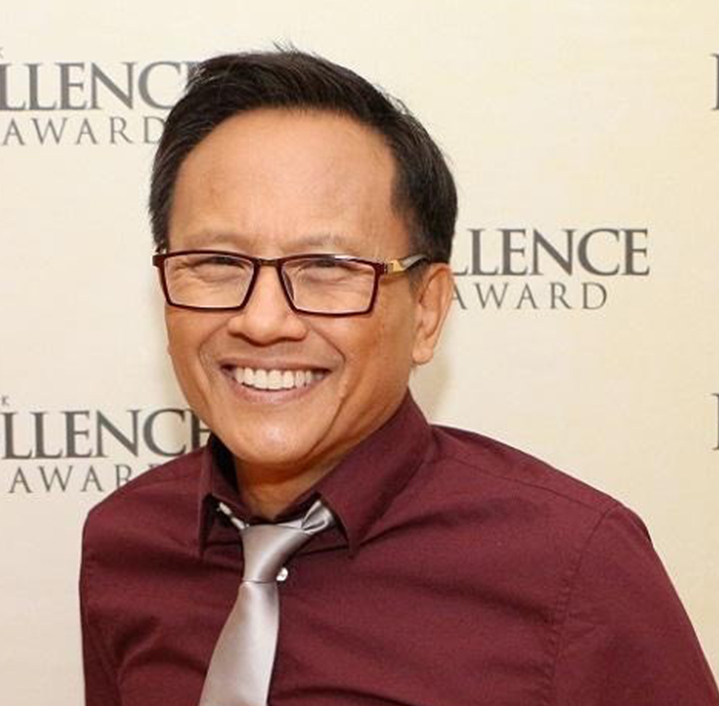
Howie Severino is a Filipino broadcast journalist. He is a recently retired Vice President for Professional Development of GMA Network, a major commercial TV network in the Philippines, where he also writes and presents for the country’s longest-running TV documentary program. He is the co-founder of the Philippine Center for Investigative Journalism. Howie has extensive experience in the media and has worked in print, television, and online.
- Speaker: Dr. Stijn Deborggraeve (MSF Access Campaign)
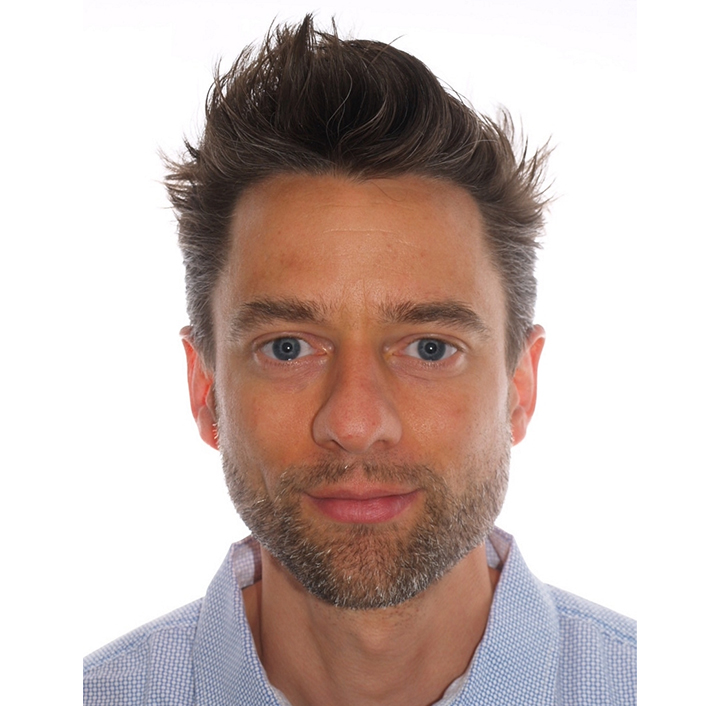
Dr. Stijn Deborggraeve is the Diagnostics Advisor Infectious Diseases at Médecins Sans Frontières (MSF) Access Campaign (www.msfaccess.org). Together with the MSF movement, global health actors, civil society and country governments, he works to improve access to essential diagnostics for low resource settings through advocacy for affordable and transparent pricing, sustainable procurement, and influencing R&D to meet the needs of low resource settings. Dr. Deborggraeve has formal MSc training in Engineering (2001) and Cellular Biotechnology (2002) and a PhD in Pharmaceutical Sciences (2009). Before joining MSF in 2019, Dr. Deborggraeve has worked at the Institute of Tropical Medicine Antwerp (Belgium) and the University of California (USA) on the development and evaluation of innovative diagnostics for infectious diseases.
- Speaker: Dr. Jaime Montoya (ASEAN Dx Initiative, DOST-PCHRD)
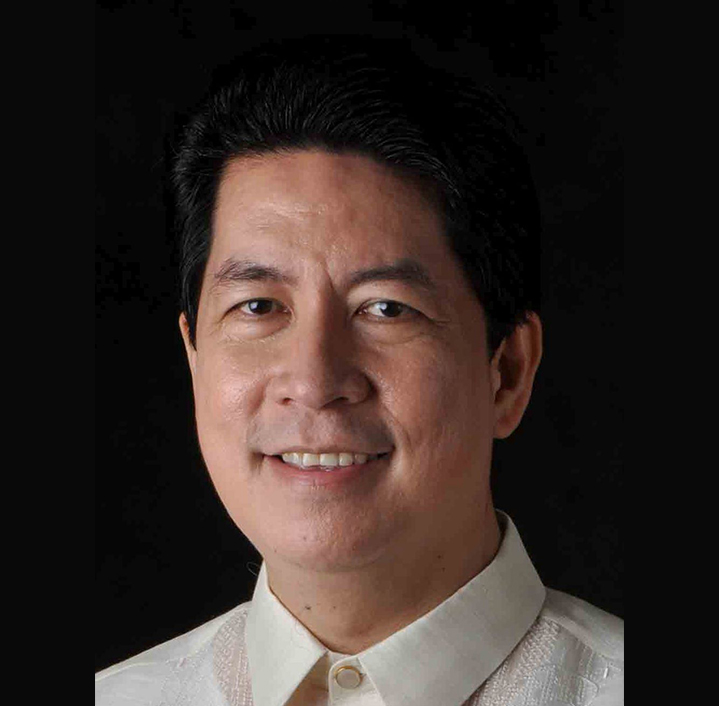
Highly trained and multi-awarded Infectious Disease Specialist with M.Sc. and Diploma in Clinical Tropical Medicine from the London School of Hygiene and Tropical Medicine, University of London, U.K. and certified by both the Royal College of Physicians, London, U.K. and the Philippine Board of Internal Medicine and the Philippine Board of Microbiology and Infectious Diseases, MSc in Bioethics from the University of the Philippines Manila College of Medicine and PhD in Medicine from the Juntendo University Graduate School of Medicine, Tokyo, Japan. He is a Fellow of the Philippine College of Physicians, Fellow of the Philippine Society of Microbiology and Infectious Diseases, Fellow of the American College of Physicians and Honorary Fellow of the Royal College of Physicians, Thailand. He is currently Professor at the University of the Philippines College of Medicine, Chair of the Health Sciences Division and Secretary, National Academy of Science and Technology and the Executive Director of the Philippine Council for Health Research and Development, Department of Science and Technology. He is currently also the President of the Philippine Association for the Advancement of Science and Technology (PhilAAST) and a member of the Board of Advisers of the ASEAN Committee on Science, Technology and Innovation.
Last October 2020, he was appointed by the UN Secretary General as one of the 15 eminent scientists to draft the 2023 Global Sustainable Development Report. The designation followed an extensive consultation process that involved nominations from UN member states which concluded in December 2019.The SDG report which is produced once every four years will feed the ‘high-level global review’ of the 2030 Agenda at the United Nations in September 2030, as well as to guide national and international policymakers on the state of global sustainable development.
- Speaker: Dr. Berlin Tran (University of Economics Ho Chi Minh City)
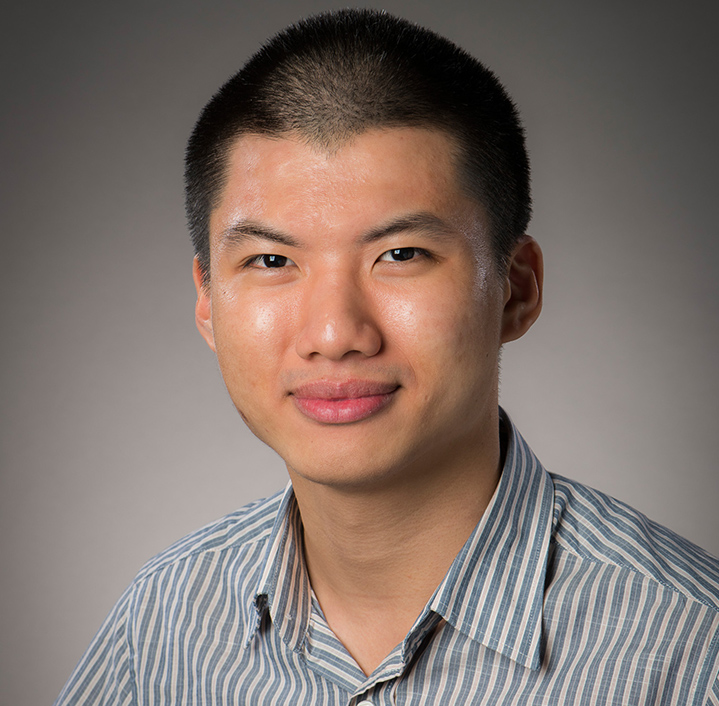
Dr. Berlin Tran is a Vietnamese researcher in digital and political economy. He has studied Vietnamese policy makers and their higher education background, and digital entrepreneurship in Vietnam. His past research has also dealt with higher education internationalisation and strategic management, lifelong learning and TESOL. In addition to academic work, Dr. Berlin is a consultant for both domestic and foreign universities in Vietnam.
- Speaker: Dr. Eduardo Banzon (Asian Development Bank)
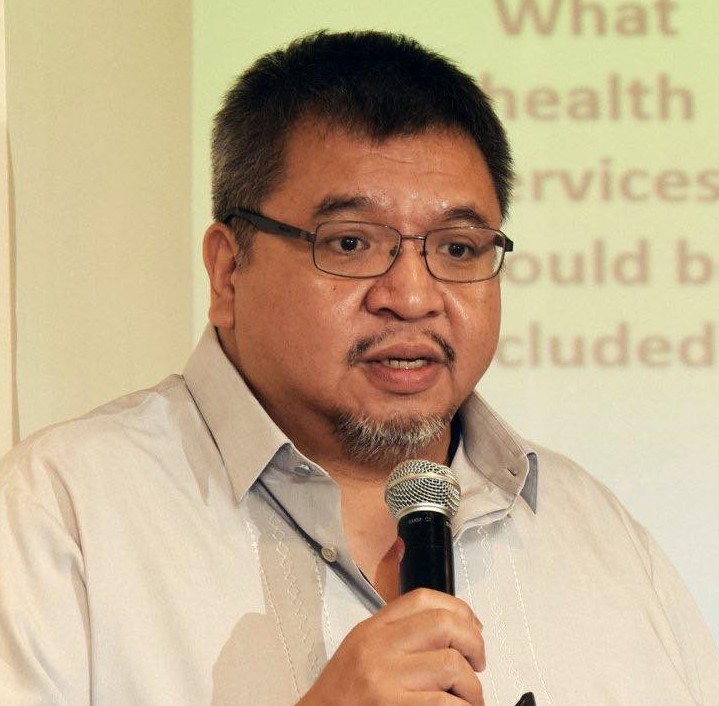
Dr. Eduardo P. Banzon is a Principal Health Specialist in the Southeast Asia Regional Department of the ADB, and a champion of Universal Health Coverage. Before joining ADB in 2014, he was World Health Organization (WHO) regional adviser for health financing for the Eastern Mediterranean region and health economist in Bangladesh, President and CEO of the Philippine Health Insurance Corporation, World Bank senior health specialist for East Asia and Pacific region.
- Speaker: Dr. Raul Destura (Manila HealthTek)
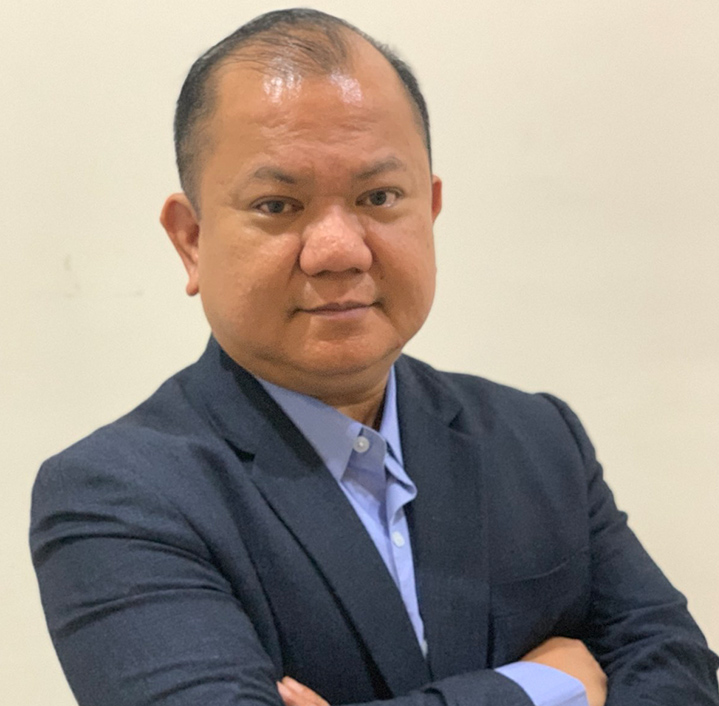
Dr. Raul Destura is the current deputy executive director of the Philippine Genome Center (PGC), and the CEO of Manila HealthTek Inc.. With his extensive knowledge and experience in microbiology and infectious diseases, he has already undertaken several award-winning endeavors in health.
His Lab-in-a-Mug project aims to develop diagnostic kits for diseases by utilizing miniature isothermal units. As a portable technology, the kit is seen to provide more affordable and accessible diagnostic tests for the Filipino.
A part of this project is the multi-awarded Biotek M™ Dengue Detection Kit which acts as a confirmatory test for diagnosis of dengue infection in the first 0-5 days of illness, and provides the results in an hour or less. Also in the pipeline are diagnostic kits for other infectious diseases such as typhoid fever, leptospirosis, schistosomiasis, Chikungunya, tuberculosis, and influenza.
His research bench to community approach is ultimately geared towards developing low-cost technologies for the control of infectious diseases in the Philippines and the generation of new knowledge to find sustainable and equitable solutions to disease of poverty.
For his contributions in health and science, he received various recognitions in Philippines and abroad, such as the conferment of the prestigious Presidential Lingkod Bayan Award in 2019 for his contributions to health and medical biotechnology, especially in the field of diagnostics, and the recognition as one of the most outstanding researchers in Asia by the Asian Scientist magazine in 2020.
- Speaker: Dr. Ricardo Jose Guerrero (Ateneo Research Institute of Science and Engineering)
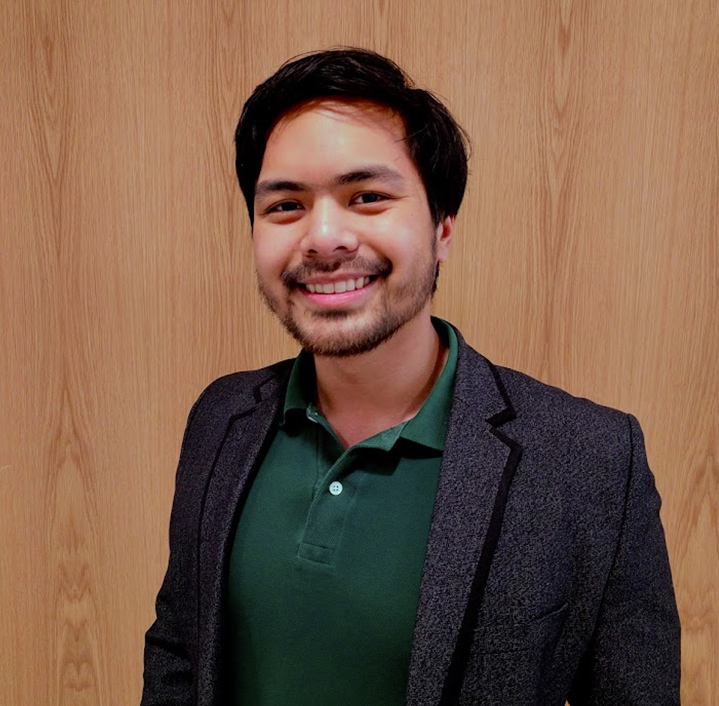
Ricardo Jose Sta. Maria Guerrero (Ricky) is a multidisciplinary engineer, recently returned to the Philippines following his PhD at the University of Edinburgh where he developed microchip microsensors for measuring cancer tumour hypoxia. He is an ARISE Research Fellow, who strives to use his research skills and experience for the purpose of developing medical devices grounded in the context of the Philippines and other LMICs. Ricky has a bachelors in Nanotechnology Engineering from the University of Waterloo and has previously done research for the development of MEMS electronic noses at the National Institute for Materials Science in Japan; worked on microfluidically integrated silicon nitride and graphene nanopores for synthetic biology and epigenetics at the Massachusetts Institute of Technology; and studied electroplated nanopillars at the University of Waterloo. His education and experience has focused on the integration and development of new systems and the translation of scientific knowledge from disparate disciplines into cohesive and functional devices. Currently he is the Project Lead of the DOST-PCHRD funded microfluidic PCR (miPCR) project, and the engineering lead of the Bayan Biomedical Research Group where he and the rest of the team are working on developing new devices to tackle the healthcare challenges of the Philippines.